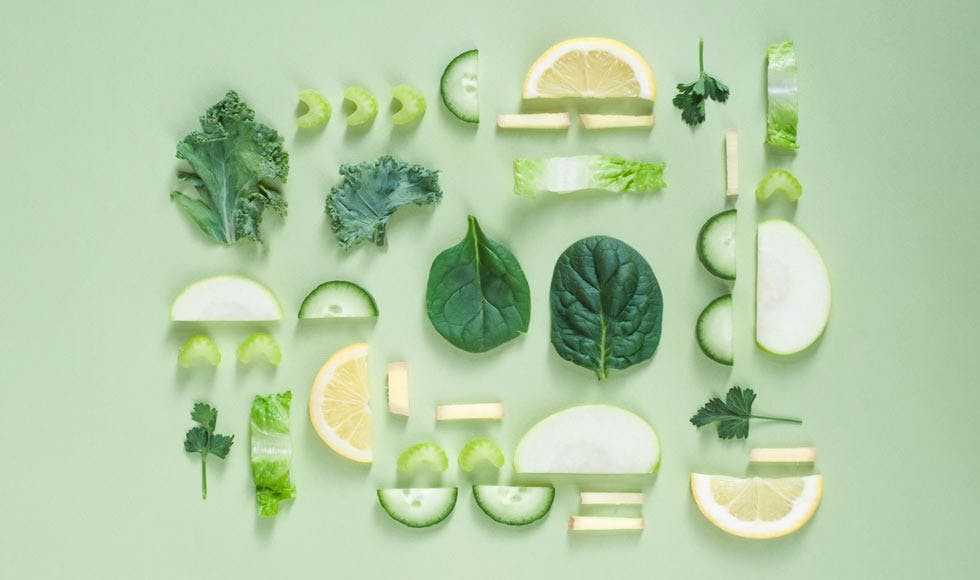
- Health hub/
- Tips & Advice on Improving your Digestive Health/
- Churn and burn: managing reflux


What a wonderful organ our stomach is. It can withstand the most acidic environment in the body, and simultaneously churn our food, chemically break it down, send various signals to the brain and other digestive organs, and expand and shrink according to what is put inside it.
The role of the stomach
The stomach is mainly a storage organ where the chemical breakdown of proteins begins. It also continues the process of mechanical breakdown that was started in the mouth.
There are many specialised cells and glands in the stomach. Three of the main ones are:
1. Gastric glands produce gastric juice's which plays a role in killing harmful bacteria that may enter with food
2. Goblet cells produce mucous which protects the stomach lining from the harsh environment.
3. Enteroendocrine cells produce a variety of hormones or hormone-like substances which influence the digestive processes
Our stomachs are located higher up in our abdominal cavity than most of us realise. In fact, the stomach opening is not far below your heart.
Heartburn or heart attack?
One of the most common problems associated with the stomach is heartburn, so named because the symptoms are much like a heart attack. In fact, people have reportedly rushed to hospital fearing they were suffering a heart attack.
What actually happens during heartburn is that the stomach's acidic contents have escaped into the oesophagus, which has no protection against a low ph environment. The acid burns the lining of the oesophagus; a very unpleasant experience.
Symptoms can be ongoing, or occasional. If the condition becomes chronic, then the oesophagus can become inflamed and ulcers may even form.
Causes of heartburn "or, as it's more technically known, gastro-oesophageal reflux" include:
1. Overeating and over-drinking
2. Obesity
3. Pregnancy
4. Physical movement encouraging upward expulsion of stomach contents
5. Position of body after eating
6. Anything that constricts the abdomen (such as tight belts or clothing)
7. Dietary and lifestyle factors (such as spicy food, smoking, alcohol, fatty food, chocolate and coffee)
What can you do to prevent it?
1. Avoid the above problem foods and increase intake of fresh fruits, vegetables and wholegrains.
2. Maintain a healthy body weight.
3. Eat frequent small meals rather than fewer large meals.
4. Don't lie down immediately after eating, or eat too close to bedtime.
5. Wear loose clothing.
For more ways to prevent and treat heartburn naturally, consult with a naturopath or other natural health professional.




